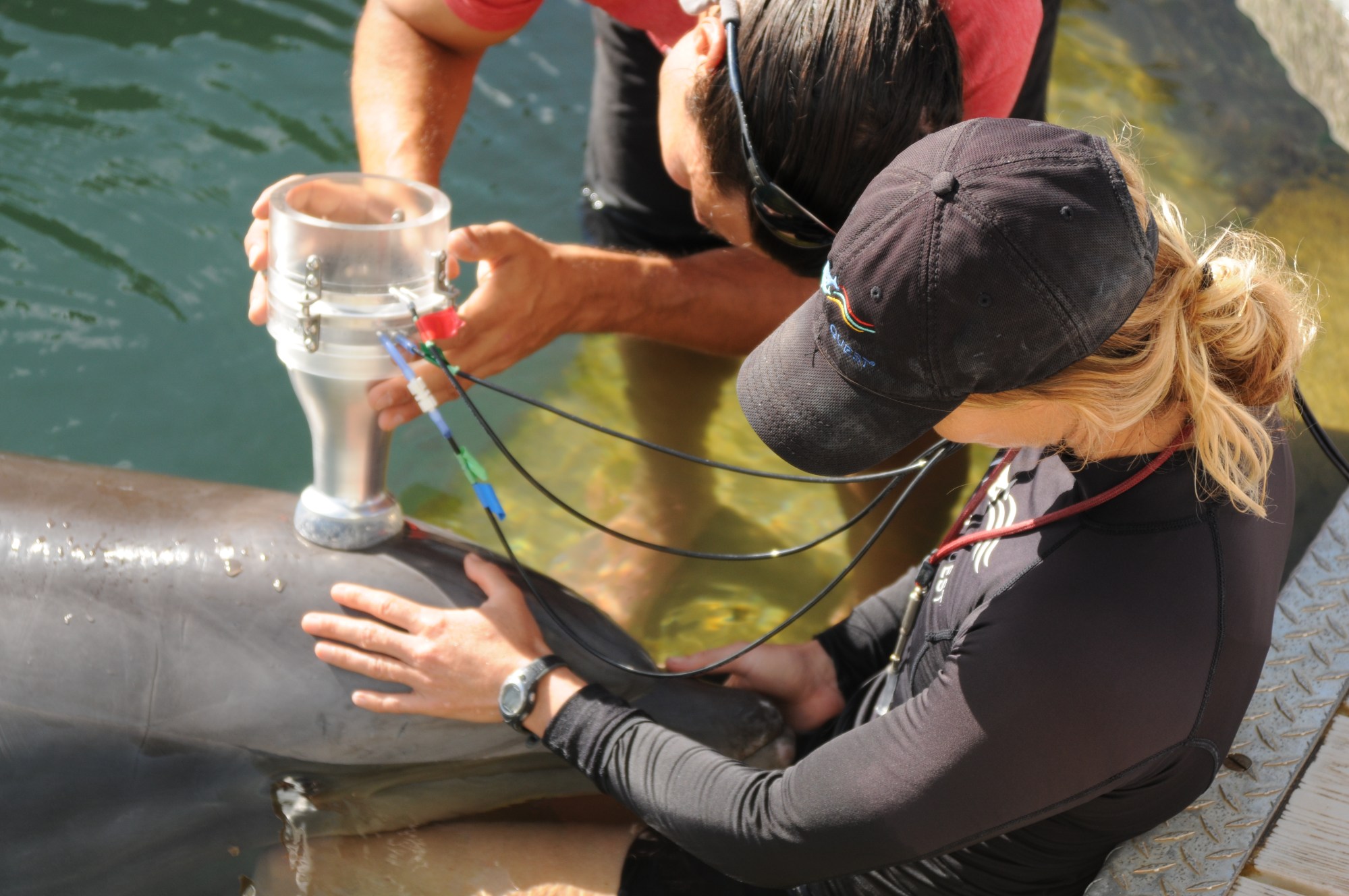LONG-TERM LUNG RESEARCH GIVES INSIGHT INTO WILD DOLPHINS

As part of our commitment to global stewardship, Dolphin Quest is dedicated to conservation and the advancement of marine mammal research. Dolphin Quest Oahu (DQO) is currently participating in a groundbreaking long-term research project studying dolphin lung capacity.
The scientific significance of this work is to develop non-invasive methods for estimating wild marine mammals’ metabolic rate under normal and stressed conditions. Researchers will also be able to estimate the impact of long-term stress and assess how human influences affect both individual animal survival and trends within animal populations. Man-made factors creating potential stress include sonar exposure, reduction in food sources, environmental change and entanglement.
In addition, the tools developed for this project will allow us to perform clinical pulmonary function testing in dolphins. While respiratory function testing is fairly routine in human physiology and medicine, testing dolphins presents some unique challenges. Consequently, the tools developed for this research have clinical applications that enhance our ability to provide cutting-edge medical care to the dolphins we are dedicated to caring for and conserving.Working with experts from Texas A&M University-Corpus Christi, Woods Hole Oceanographic Institution and the Sarasota Dolphin Research Program, the data collected from DQO’s dolphins will give insight into how marine mammals manage oxygen, carbon dioxide and nitrogen during breath-hold diving. Understanding our dolphins’ normal respiratory and cardiovascular adaptations during diving is vital to comprehending the physiological constraints imposed on wild animals during long-term stress.
During the first phase of the study, DQO trainers placed a pneumotachometer over the dolphins’ blowholes to measure respiratory flow-rates and gas composition. As in all situations, the dolphins were able to choose if they wanted to participate in the project. Before the researchers arrived, we used positive reinforcement to gradually introduce the pneumotachometer.
Conducting this study in a controlled environment at Dolphin Quest, with the help of our expert behaviorists and well-trained dolphins, allows the researchers to gather data that could only be collected from dolphins under human care.

Before the researchers arrived, the Dolphin Quest Oahu trainers used positive reinforcement to gradually introduce the pneumotachometer to the dolphins.

Dolphin Quest Oahu trainers placed a pneumotachometer over the dolphins’ blowholes to measure respiratory flow-rates and gas composition.
